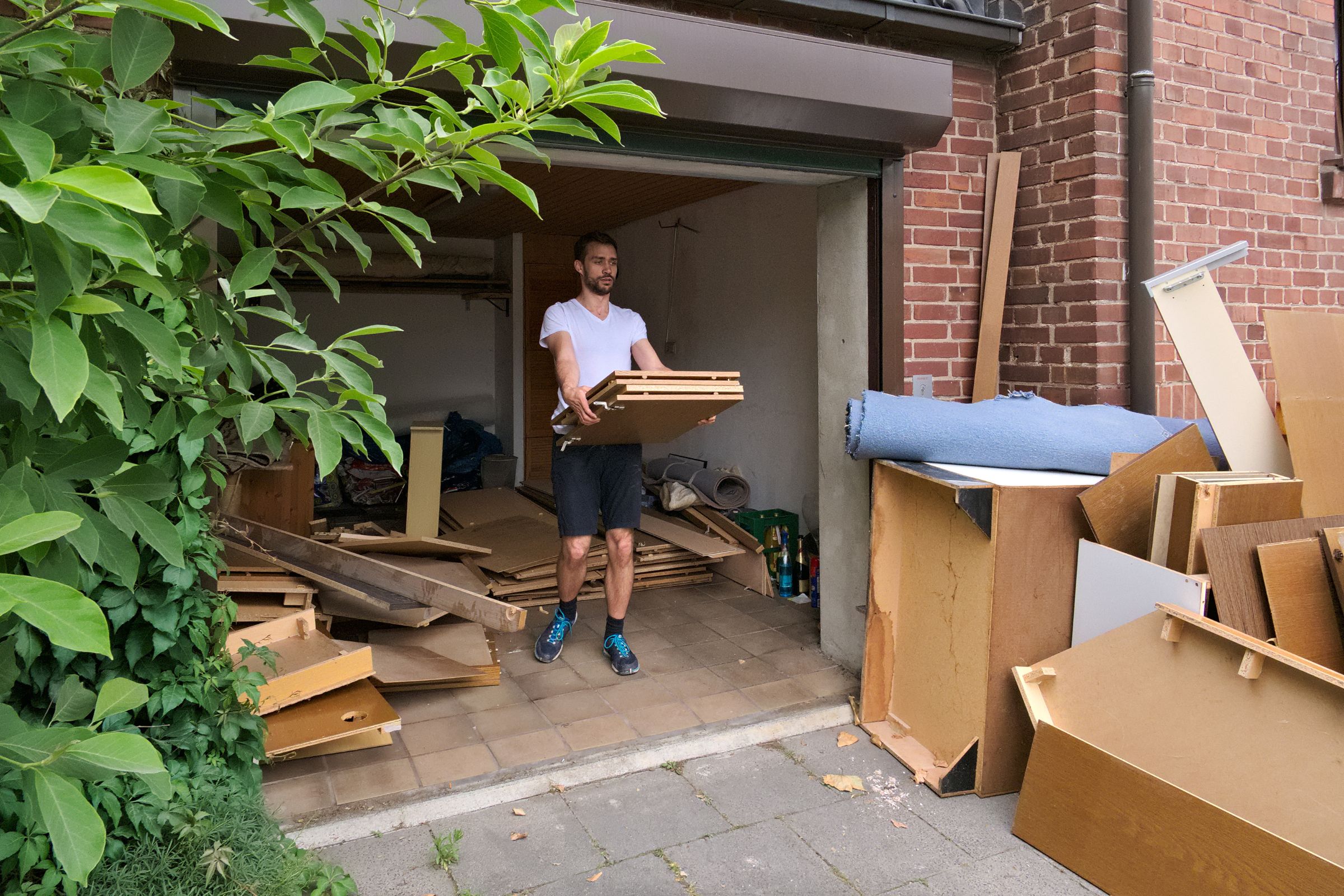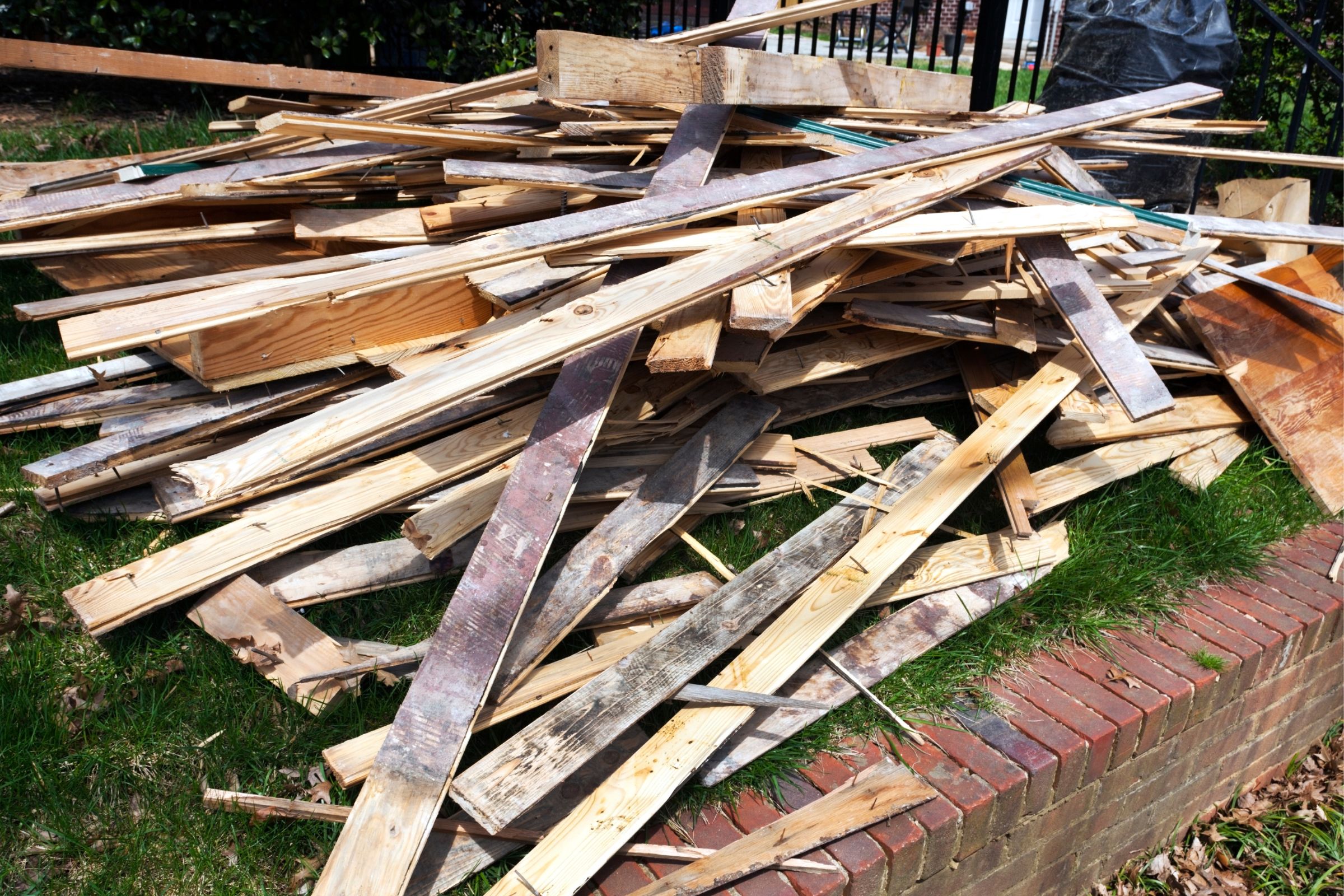Tackling a renovation, cleanout, or jobsite is rewarding, but debris planning can stall momentum fast…
Are you planning a remodel, roof tear-off, or major cleanout in New Jersey? Before renting a dumpster, you’ll want to understand how dumpster rental permits work. This quick guide breaks down the essentials so homeowners and contractors can confidently move forward and avoid delays or fines.
Why Towns Require Permits
Dumpster rental regulations exist to protect public safety and keep traffic moving. Towns use permits to control where containers sit, how long they stay, and how they’re marked for visibility. Rules are set locally (not statewide), and compliance isn’t optional. A typical pattern across NJ: if a container sits on public property, the street or right-of-way, a permit is often required; private driveways typically don’t need one, though HOA rules or local ordinances may still apply. Always check your municipality before you rent a dumpster.
Residential Vs. Commercial Permits
Residential Dumpster Rental Permit
Perfect for projects like a kitchen update, attic purge, or storm debris, dumpsters may be limited by town regulations in terms of placement, timeframe, and container size. Use this as your quick dumpster permit guide for homeowners: pick the right size, place it safely, and follow posted time limits.
Commercial Dumpster Rental Permit
Contractors and businesses often face stricter conditions, such as traffic control near job sites, longer durations, proof of insurance, or safety markings. A Commercial Dumpster Rental Permit may also involve inspections or additional sign-offs when using the right-of-way.
How to Apply for a Dumpster Rental Permit (step-by-step)
Here’s a simple path that fits most towns if you’re wondering how to apply for a dumpster rental permit:
- Contact your local office. Start with the municipal clerk, building, or engineering department (e.g., the clerk’s office in Wall Township, NJ). Ask whether your placement is considered private or right-of-way and what form you need.
- Gather documents. Typical items include a site sketch showing placement, dates, and property owner consent (for rentals or shared drives).
- Confirm fees and timing. Some permits are issued the same week; others take longer if reviews are needed.
- Submit and wait for approval. Many towns accept email or portal submissions; others still prefer in-person drop-off.
- Post it on the site. Keep the permit handy and visible to inspectors or code officials.
Simplifying Dumpster Rentals with Expert Permit Guidance
Securing the right permit is a small step that saves headaches later. At Mazza Recycling, we know NJ dumpster rental rules and help customers place containers correctly, file the correct paperwork, and keep projects moving. As a local provider of residential and commercial dumpster services, we support jobs across New Jersey from Wall Township and Ocean Township to Howell Township, Brick Township, Toms River, and Tinton Falls, and make it simple to rent a dumpster with the proper documentation from day one. Talk to our team for container sizes, placement guidance, and reliable scheduling so your project stays compliant and on track.
FAQs
Do I need a dumpster rental permit in NJ?
Yes, a dumpster rental permit is required in New Jersey when placing a container on a public street, sidewalk, or right-of-way. However, you do not need a permit for private driveways, but it’s a good idea to confirm with your municipality.
Who issues a dumpster permit in New Jersey, and where do I apply?
Dumpster permits in New Jersey are issued locally, usually by the Municipal Clerk, Engineering, or Public Works departments. You can apply either online or in person. For example, you can obtain permits through Newark’s Street/Sidewalk office or Bloomfield’s Engineering department.
Can I put a dumpster in the street or right-of-way in NJ?
Yes, you can place a dumpster in the street or right-of-way in New Jersey, but you will generally need a permit and must comply with local regulations regarding hours, placement, and cleanup. Always adhere to city codes.



